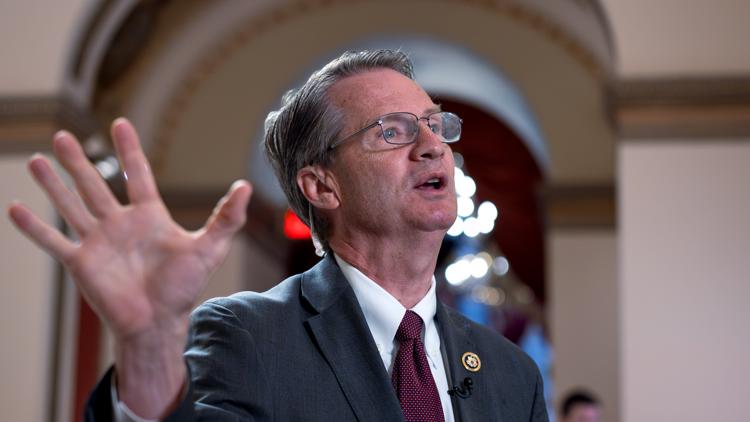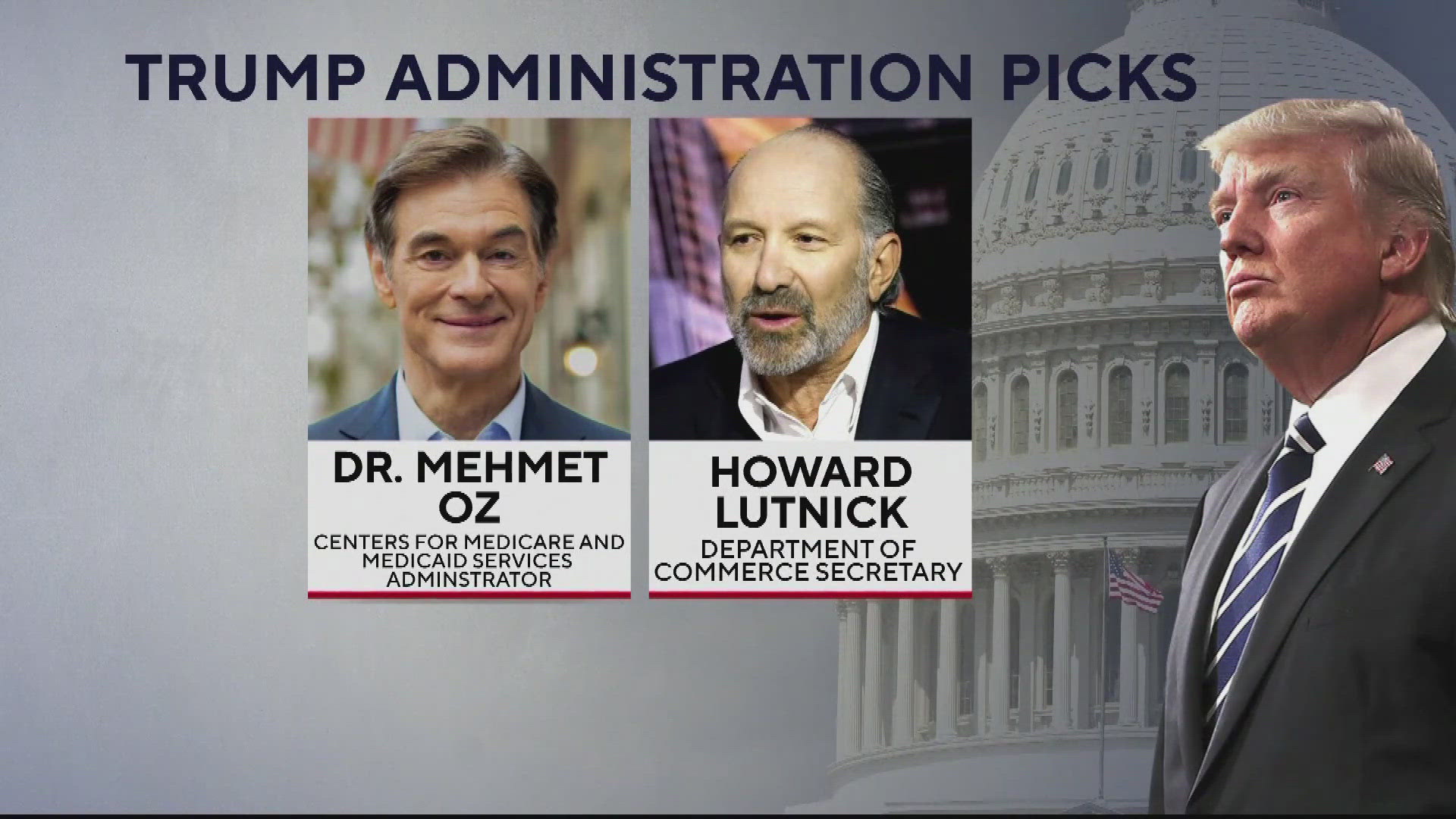WASHINGTON — After Republican politicians called Vice President Kamala Harris a "DEI hire" while she pursues her bid for the White House, the subject of diversity, equity and inclusion has again become a hot topic.
Rep. Tim Burchett, R-Tennessee, called Harris a "DEI vice president" Monday a day after she announced her candidacy for the Democratic nomination for president.
"The incompetency level is at an all-time high in Washington. The media propped up this president, lied to the American people for three years, and then dumped him for our DEI vice president," Burchett wrote in an X post.
Burchett spoke with CNN’s Manu Raju about Harris' candidacy, where the lawmaker said, "100 percent she was a DEI hire."
Political commentator Angela Rye responded on CNN, saying, "What you have in Kamala Harris is someone who was not only a county prosecutor, a state attorney general for California, a state-wide elected United States Senator and now the vice president."
Burchett also called outgoing Secret Service Director Kimberly Cheatle a "DEI horror story," saying she only got to where she was because of her gender.
"The incident on the 13th has nothing to do with DEI," Cheatle responded during her House Committee hearing. "The incident on the 13th has to do with a failure or a gap either in planning or communication."
What is DEI?
DEI stands for diversity, equity and inclusion.
Diversity is constituted by the inclusion of people of different races and cultures in a group or organization, according to Merriam-Webster Dictionary.
Equity is the freedom from bias or favoritism, as defined.
Inclusion is defined as "the act or practice of including and accommodating people who have historically been excluded (as because of their race, gender, sexuality or ability)."
The Pew Research Center found that Democrats are much more likely than Republicans to see value in different aspects of workplace diversity. About half of Democrats (49%) place great importance on having a mix of employees of other races and ethnicities where they work, compared with 13% of Republicans.
A majority of workers, 56%, say focusing on DEI at work is a good thing, but the report found that there are wide partisan differences in views of DEI in the workplace. Democratic and Democratic-leaning workers (78%) say focusing on DEI at work is a good thing, compared with 30% of Republicans and Republican leaners.



